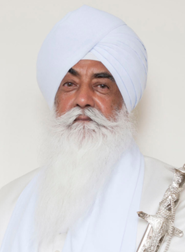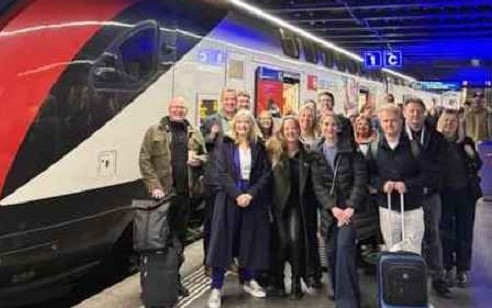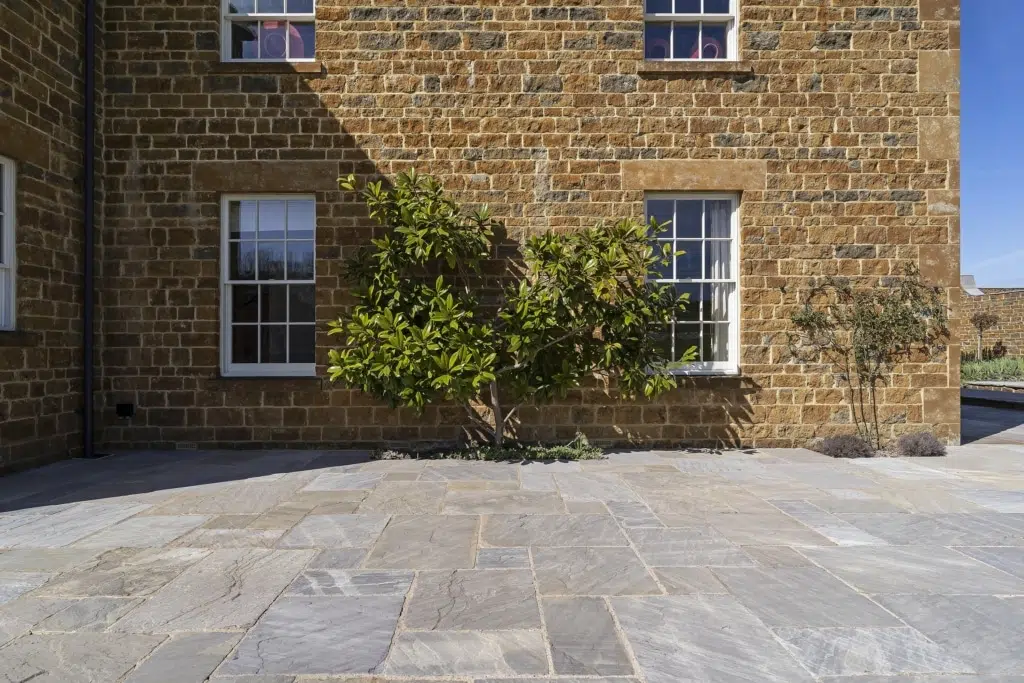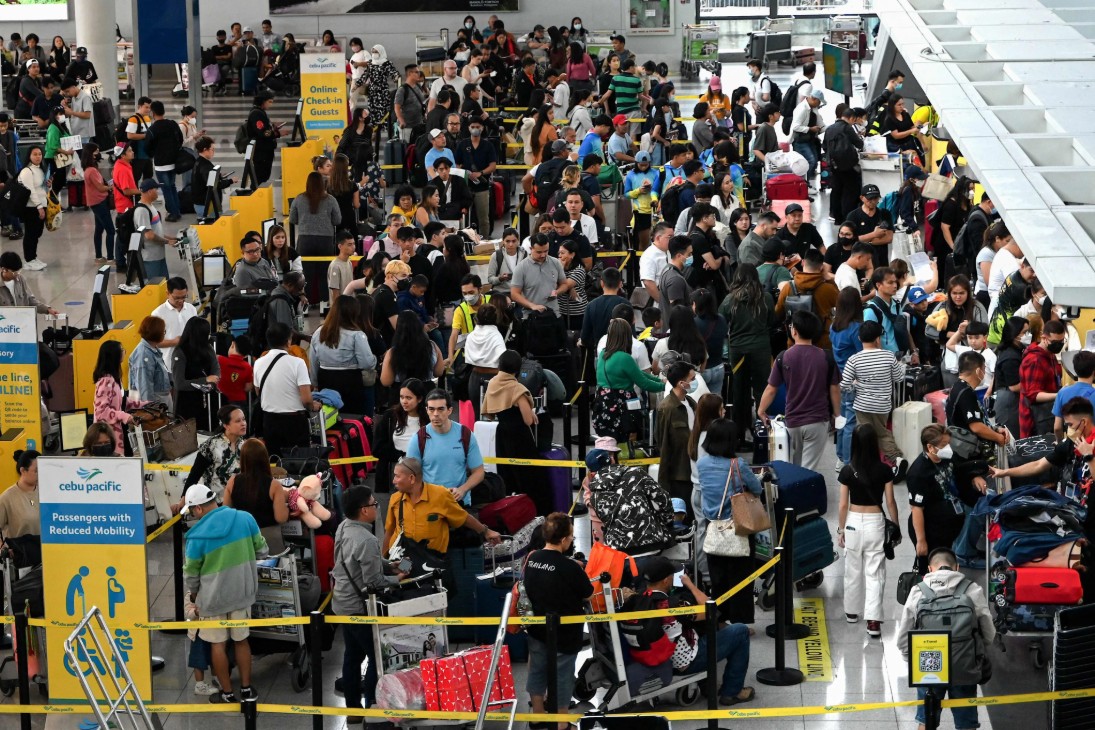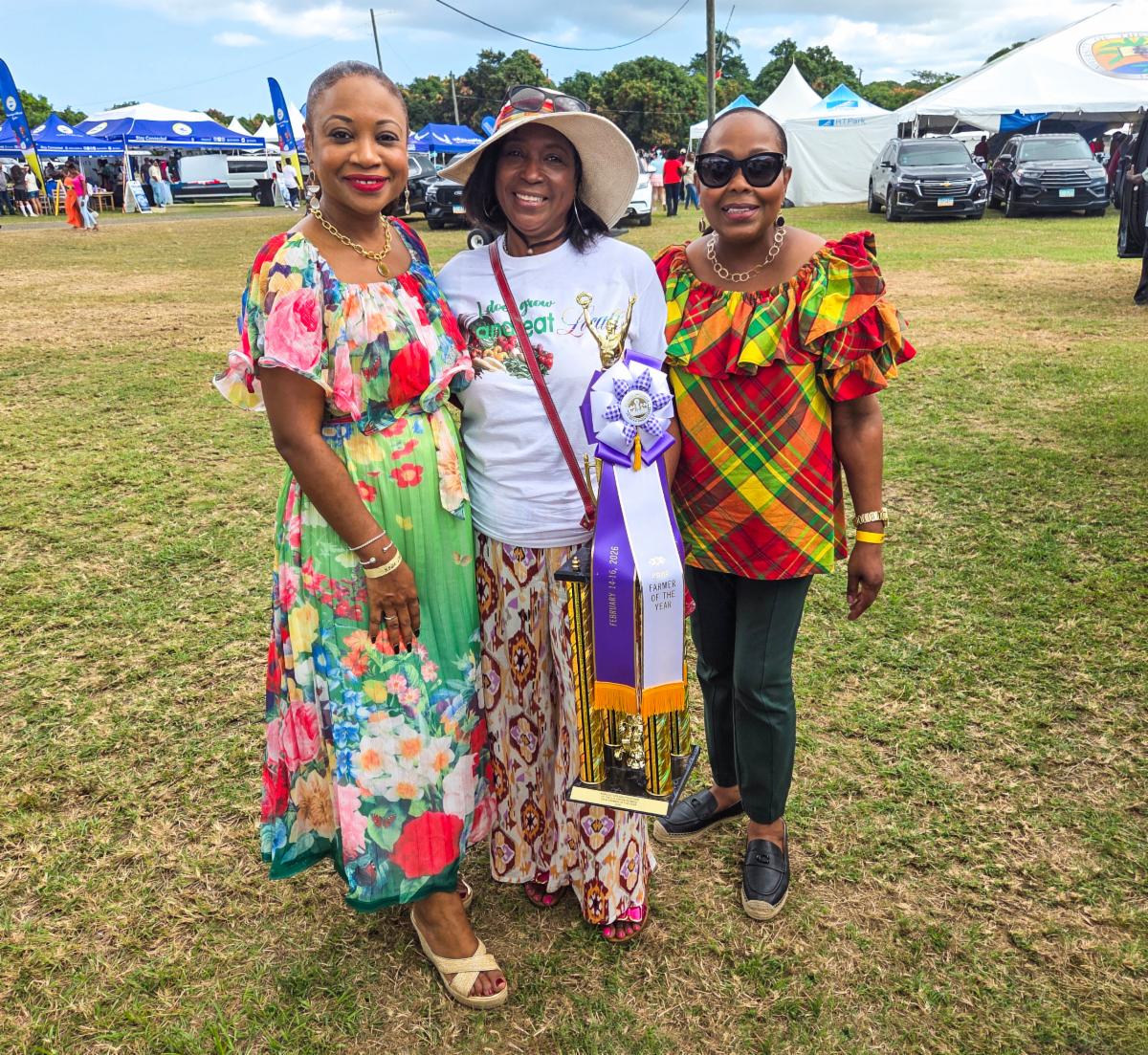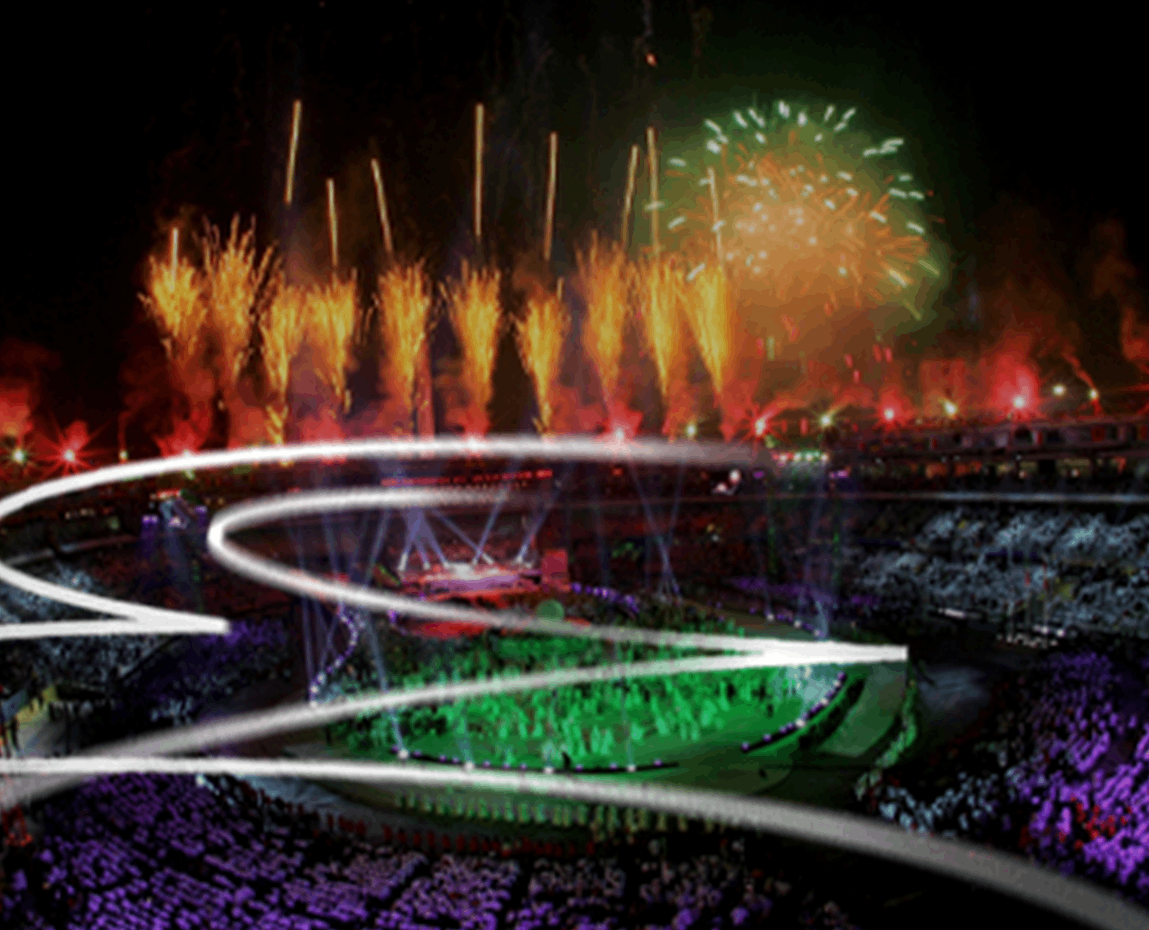As President Donald Trump, Israeli and Palestinian leaders, Prime Minister, Sir Keir Stamer alongside leaders from more than 20 other countries gather in Egypt for the Peace Summit on the Middle East, the eyes of humanity turn toward Sharm El-Sheikh in search of hope.
This summit represents a pivotal opportunity, not only to halt horrendous violence, but to lay the foundation for enduring peace. We welcome the diplomatic initiative and the courageous efforts behind it. But these steps, while essential, will not be sufficient unless rooted in the deeper ethical, moral and spiritual ground of forgiveness and reconciliation.
This is the heartfelt message from Bhai Sahib (Professor) Mohinder Singh Ahluwalia OBE KSG, a lifelong peacebuilder and respected interfaith leader working across divides of religion, nation, and history. Speaking from decades of experience in peacebuilding and reconciliation work – including the creation of the Peace Charter for Forgiveness and Reconciliation in 2019, which promotes clemency to pave the way for global peace – offers this profound conviction: “There can be no sustainable peace without forgiveness.
“And no healing without reconciliation.” Desmond Tutu believed deeply that forgiveness and reconciliation are not optional niceties, but essential foundations for any true peace.
Across many faiths and traditions, forgiveness is upheld as a moral force that liberates both the wounded and the wrongdoer. It is not weakness, nor forgetfulness. It is a deliberate act of courage – a path out of the prison of past pain.
He emphasised: “Forgiveness does not mean forgetting but choosing not to be held hostage by the past.
“True reconciliation requires courage from all sides. Peace agreements without forgiveness collapse under the weight of unhealed wounds.” The vision of the Peace Charter for Forgiveness and Reconciliation is that the process of forgiving is vital if healing and reconciliation are to take place, as part of our collective efforts to seek justice, harmony and sustainable peace.
Bhai Sahib invokes the example of President Nelson Mandela, who after 27 years of unjust imprisonment declared: “As I walked out the door toward the gate that would lead to my freedom, I knew if I didn’t leave my bitterness and hatred behind, I’d still be in prison.” Forgiveness, Mandela taught the world, is the bridge between pain and peace.
Today, Bhai Sahib humbly calls upon all leaders present at the Egypt Summit to consider two bold moral steps:
- Please consider moving beyond ceasefires and negotiations to something more profound.
- Please explore whether all parties involved can sign a Pact of Forgiveness – a formal commitment to release the grievances of the past and build a future on reconciliation rather than retribution.
“The eyes of the world are upon you,” he writes. “The people of Gaza and Israel – and indeed all of humanity – are yearning not just for a pause in violence, but for a lasting peace that their children and grandchildren can inherit and emulate”.
Let Egypt, cradle of ancient civilisation, now give birth to a new model of peace, one founded on forgiveness, reconciliation, and our shared humanity. May this Summit not only end conflict but begin healing.
With profound respect and hope,
Bhai Sahib (Professor) Mohinder Singh Ahluwalia OBE KSG
Architect of the Peace Charter for Forgiveness and Reconciliation
Knight of the Order of St. Gregory the Great (Vatican)
Recipient of the title of Bhai Sahib from the Akal Takhat and SGPC, Amritsar
Recipient of the 2023 Moran of the Order of the Golden Heart (MGH), conferred by President William Samoei Ruto of Kenya for distinguished service to the nation.
Bhai Sahib, Professor Mohinder Singh Ahluwalia is a globally recognised pioneer in peacebuilding and in mobilising innovative partnerships for shared human flourishing. He serves as the third spiritual leader of Guru Nanak Nishkam Sewak Jatha (GNNSJ), a prominent Sikh, volunteer-led organisation headquartered in Birmingham, UK.
Under his leadership, GNNSJ has significantly expanded its
international presence and impact. Bhai Sahib Ji also chairs the Nishkam Group of Organisations, which is known for its values-driven work in education, healthcare, community regeneration, civic engagement, and heritage conservation – all rooted in the Sikh ethos of Nishkam sewa (selfless service).
Before his spiritual leadership, Bhai Sahib Ji had a distinguished 27-year career as a Civil and Structural Engineer, working across three continents in town planning, housing development, and policy formation.



